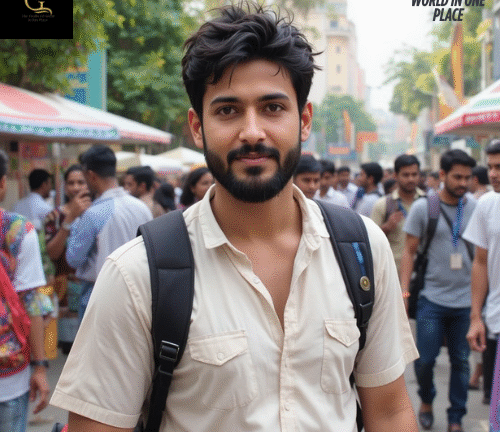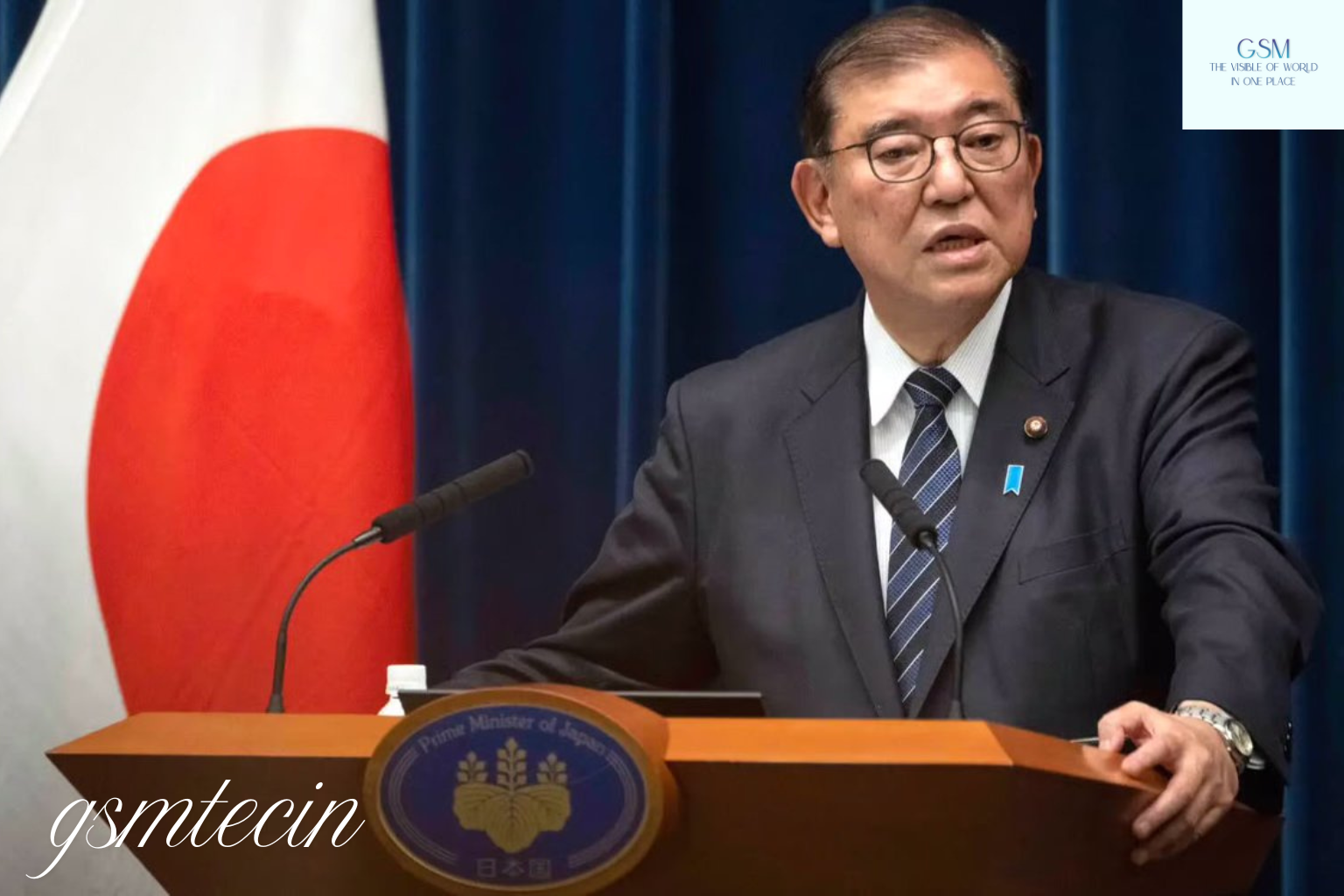Tarnish or tourism? Dhruv Rathee’s Audacious Appeal Is What India Needs
Dhruv Rathee, whose voice is frequently written off by his detractors as “too blunt” or “too leftist,” has once again revealed a reality that many Indians are afraid to confront. Rathee’s incisive analysis is not only relevant, but also essential in the wake of the Malik Swashbuckler scandal and a series of embarrassing recordings that depict Indian visitors acting inappropriately overseas. Though it may sound harsh, his now-viral callout, “Tameez nahi hai to ghar pe raho,” symbolises a deeper, collective discomfort that is building among responsible Indian individuals who travel with decency and dignity.
The issue is not new, but it is becoming more noticeable
From fighting with airline employees, peeing in public places overseas, and now being linked to offensive material like Malik Swashbuckler’s upsetting videos, a pattern is emerging: some Indian tourists lack the fundamental knowledge of proper civic behaviour when they travel outside of their nation.
As Rathee correctly noted, this is no longer about isolated events but rather a rising pattern that is making “Indian tourists” synonymous with “unruly” in a number of global locations. A stereotype is gradually giving way to a perception based on actual experiences and audiovisual proof.
Don’t be misled: people are aware of this behaviour. It influences how local authorities, hoteliers, immigration officers, and even other tourists see Indians living overseas. The catastrophe? It’s being ruined for the polite many by the rude few.
Swashbuckler Malik: The Tiebreaker
Perhaps the last straw was the Swashbuckler saga. His surprising suggestion that he should become drunk and sexually abuse a Turkish woman is not only repulsive, but illegal. It perpetuates all of the unfavourable perceptions that the outside world may already have of India’s gender dynamics, morals, and contemporary identity. Even if he has since had to deal with repercussions, such as being detained by Turkish authorities, the harm to the world was already done.
Rathee used this episode as a springboard to discuss more widespread wrongdoing, pointing up instances of urinating in the sea in Thailand, eve-teasing in Venice, and even someone reaching out to pet a lion while on safari. These are terrible depictions of what occurs when freedom and no accountability collide, not “funny” viral events.
The Psychology of Foreign Misconduct
Some Indian visitors have the misguided belief that travel equates to entitlement. Travelling overseas is often seen as a sign of social standing and economic standing rather than mutual regard or cultural curiosity. Rathee mentions this in passing: international travel turns into a platform for misbehaviour rather than maturity when civic education and empathy are lacking.
Social networking is what makes the issue much worse. Every time Dhruv Rathee educates the public, a Malik Swashbuckler creates offensive, widely shared stuff. And regrettably, the latter is maintained by audience demand. Rathee underlined that viewers also need to assume accountability. Don’t give views to trash.Whether they like it or not, tourists serve as cultural ambassadors.
“Raj from Delhi” isn’t the only Indian who misbehaves in Bali. “An Indian” is what it is. The world views it that way. A nation’s luggage is the conceit, violence, or immorality of one individual.
Rathee’s message is crucial because of this: Tourism is soft diplomacy, not just pleasure. Each traveler is a representative of their nation. Every mistake damages that reputation.
Even though his appeal to “name and shame” may come across as confrontational, think about the alternative: more friction for even well-behaved Indian tourists, growing international contempt, and continued quiet. Wouldn’t some public accountability aid in stopping the further decline of our reputation around the world?
What Must Be Modified
In addition to offering criticism, Rathee’s video subtly challenges the Indian public, travel companies, and producers of digital content:
- Civic awareness and cultural literacy must be taught in schools and universities.
- Pre-tour behavioural guides ought to be provided by travel agencies.
- Content that promotes wrongdoing must be flagged or demonetised by social media companies.
- When public personalities engage in hate speech or obscenity, they must be held responsible.
And the audience? They must quit exalting foolishness. If we’re too preoccupied with mocking the very actions that are damaging India’s reputation, we won’t be able to improve it internationally.
Conclusion: A Cultural Reset Is Needed
The issue is not Dhruv Rathee’s audacity but rather society’s complacency. There are thousands of people silently nodding in agreement for every person who thinks his tone is “too preachy.” because they have experienced the looks, mistrust, and embarrassment that accompany stereotypes in other countries.
Being honest is the first step towards restoring our reputation. And Rathee delivered on that promise. It’s a mirror, not a tactful public relations statement.





